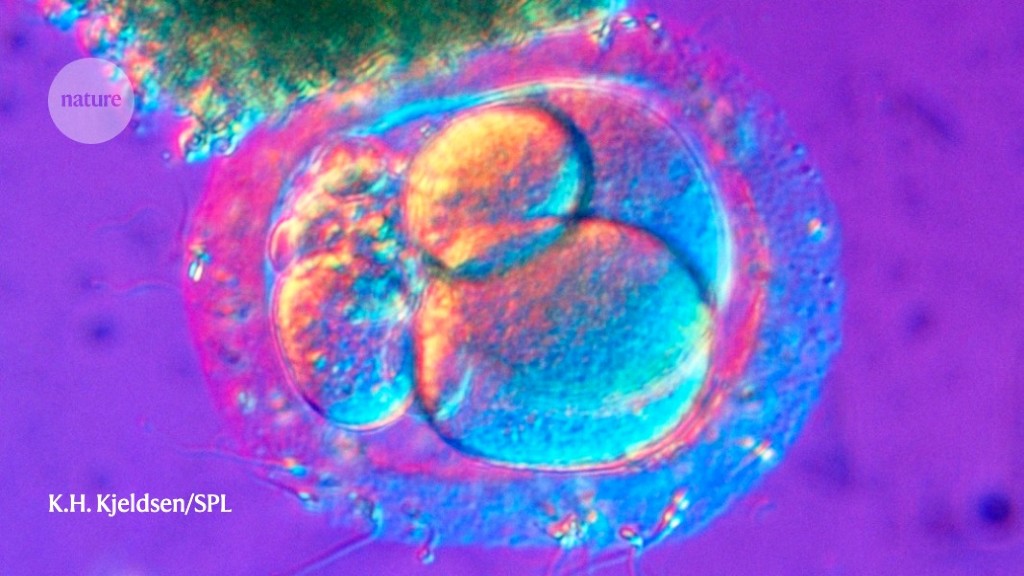How I Tackled Post-PhD Imposter Syndrome
Kelsey Inouye's job search gave her panic attacks and dented her self-esteem. But she learnt to take rejection in her stride.
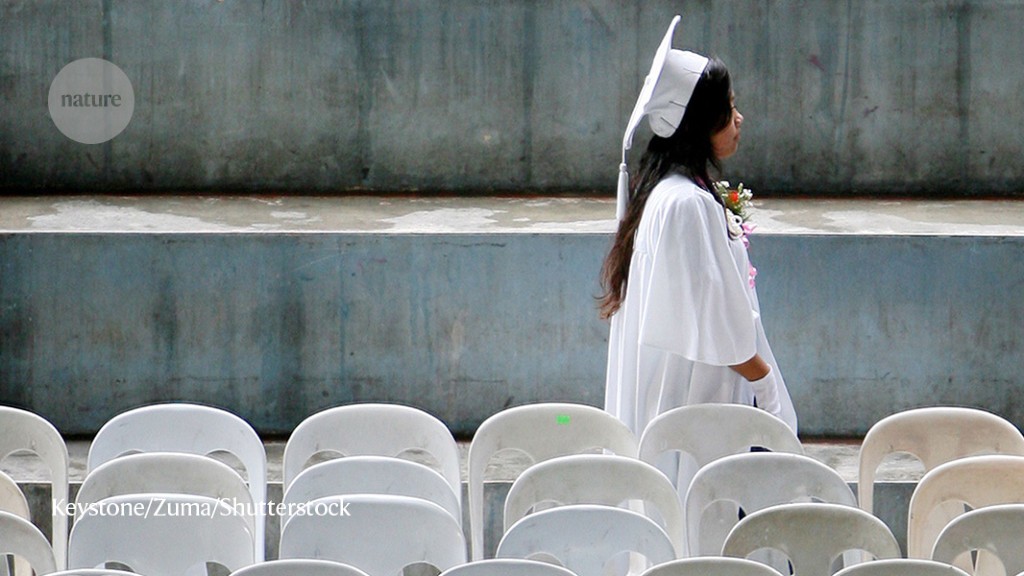
Send us a link
Kelsey Inouye's job search gave her panic attacks and dented her self-esteem. But she learnt to take rejection in her stride.

COVID-19 can involve persistence, sequelae, and other medical complications that last weeks to months after initial recovery. This systematic review and meta-analysis aims to identify studies assessing the long-term effects of COVID-19.
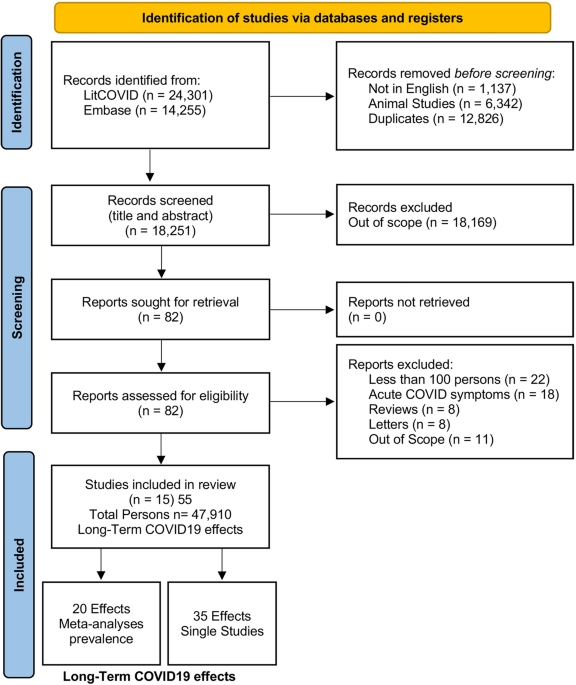
Governments and companies urgently need to share data on the mounting volume of satellites and debris orbiting Earth.
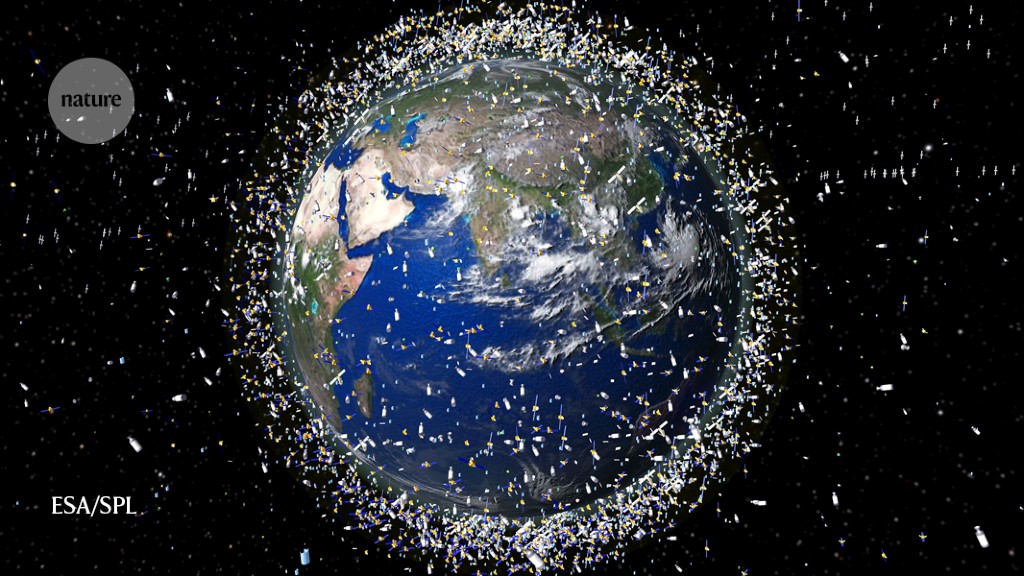
Chemist María Fernanda Cerdá uses natural dyes from Uruguay's indigenous flora to build solar cells.
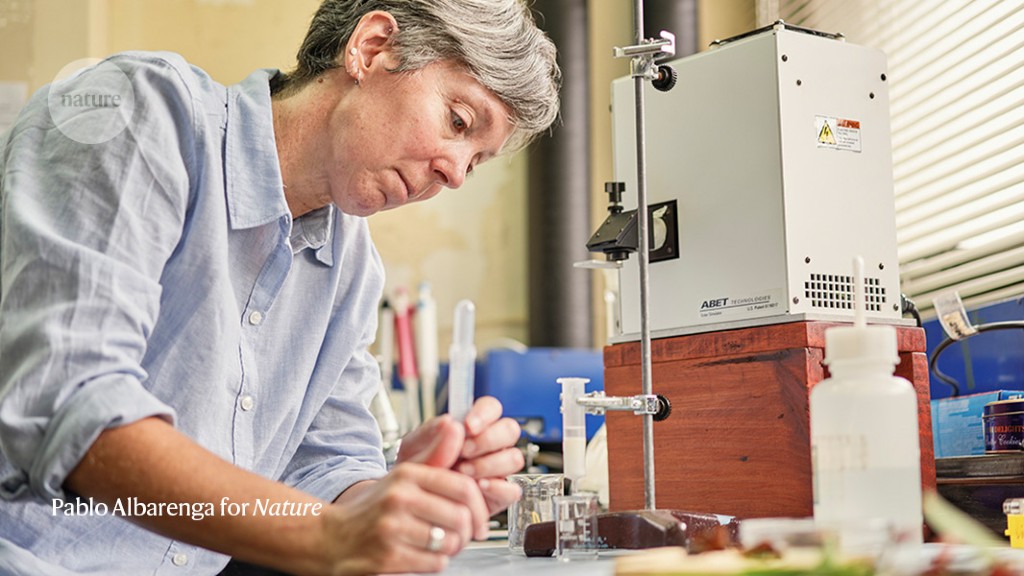
The details align with Plan S - but UKRI hasn't yet decided whether to pay for open-access publishing in some hybrid journals.
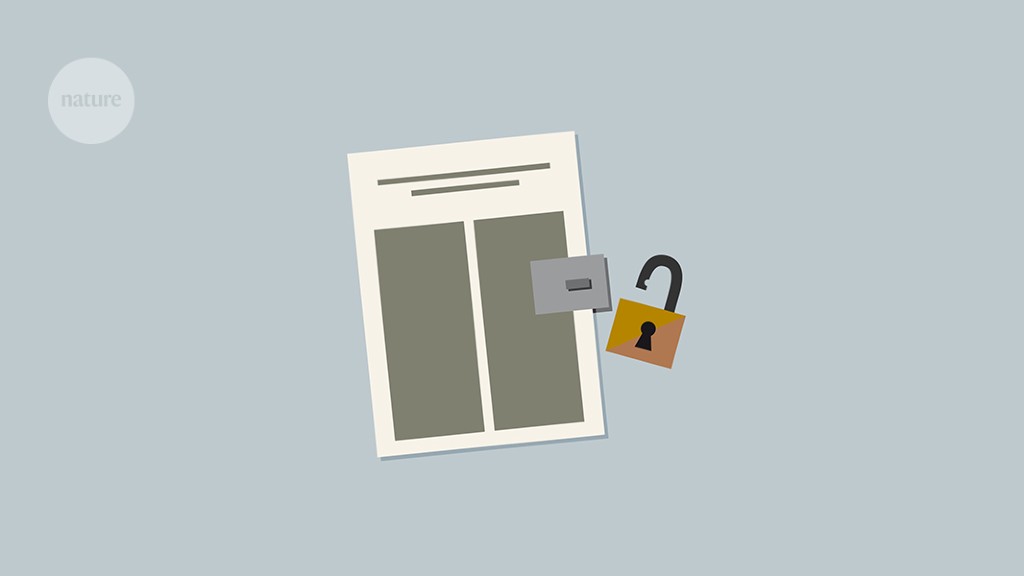
Concerns over waning immunity and SARS-CoV-2 variants have convinced some countries to deploy extra vaccine doses - but it's not clear to scientists whether most people need them.
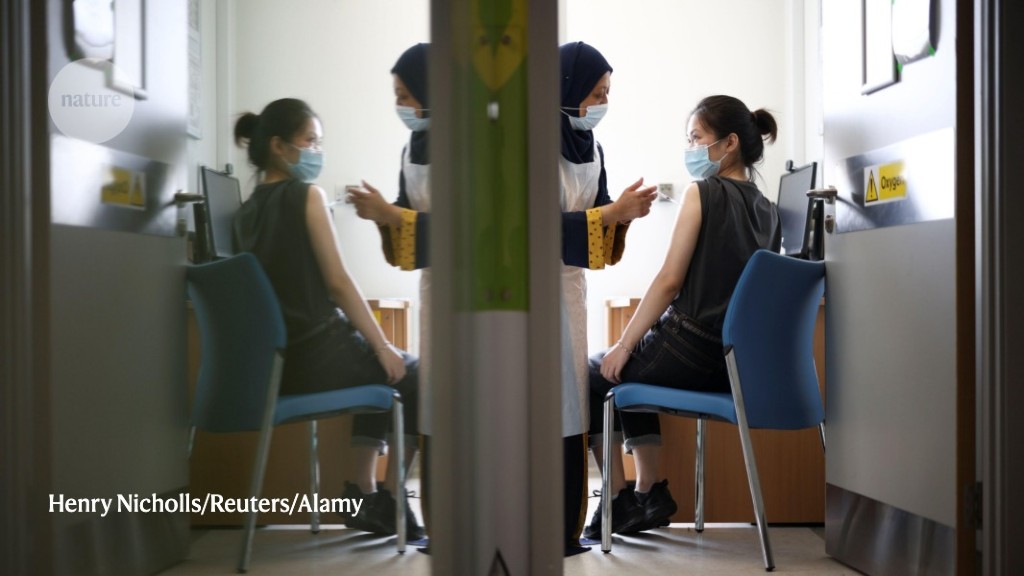
But a study of the publications of millions of researchers also suggests that women are less likely to continue their academic careers than their male counterparts.
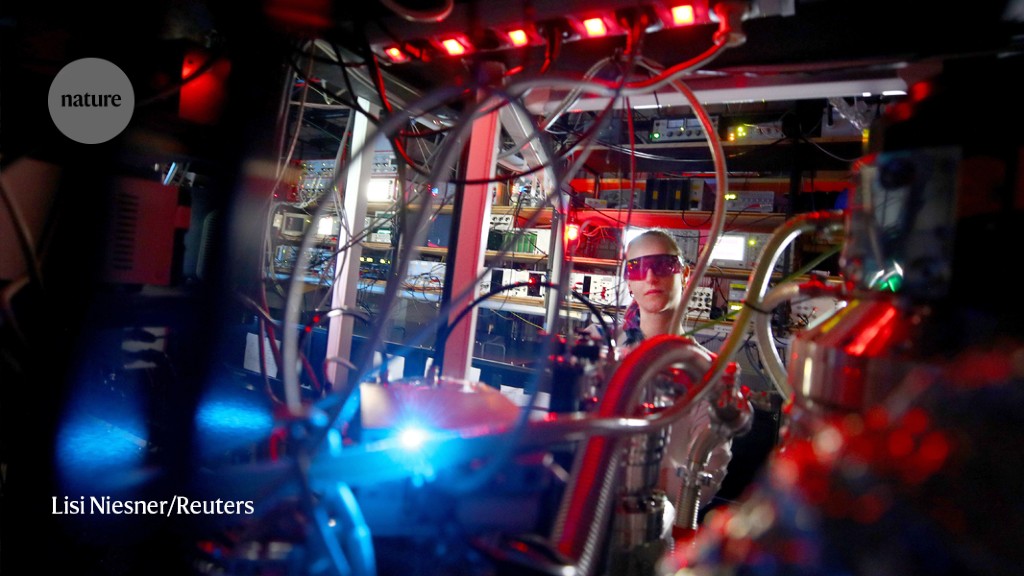
Research in this area deserves more attention - and not only for conditions related to reproduction.
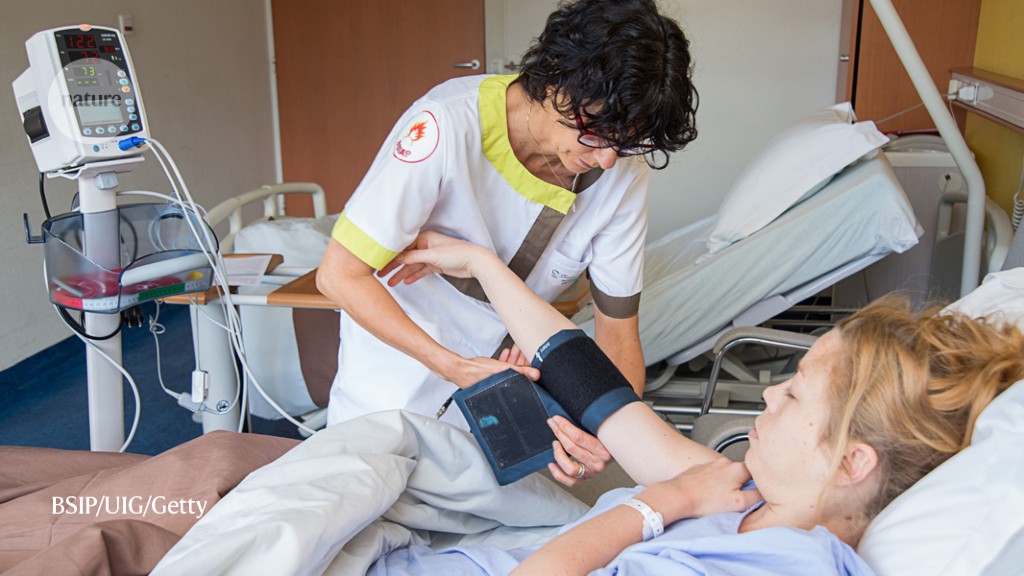
International coalition aims to identify how universities use impact factors and related metrics.
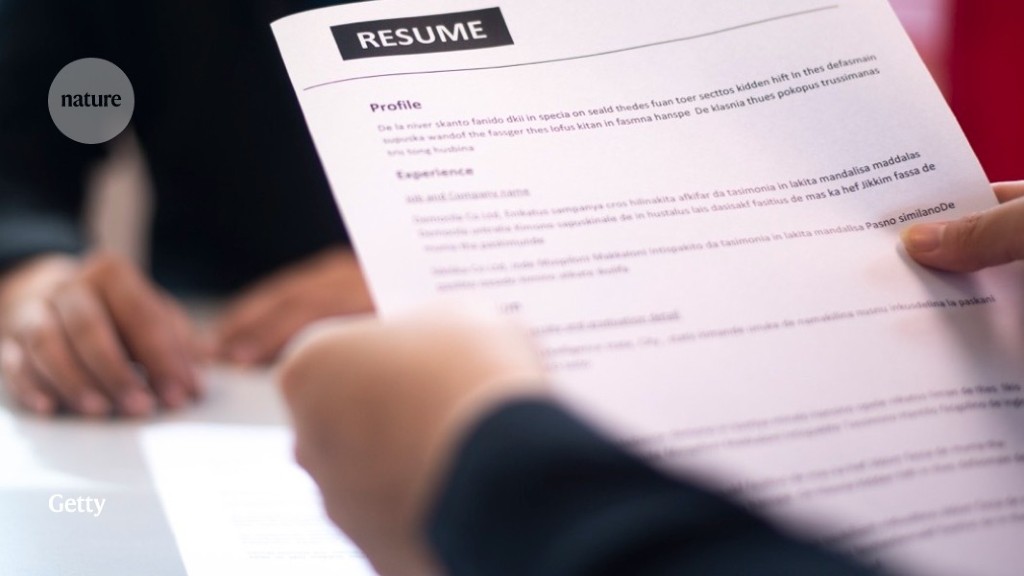
Off-campus learning was essential during the pandemic. But when it ends, we should encourage students to return to campus for in-person lectures, says Michael Doran.
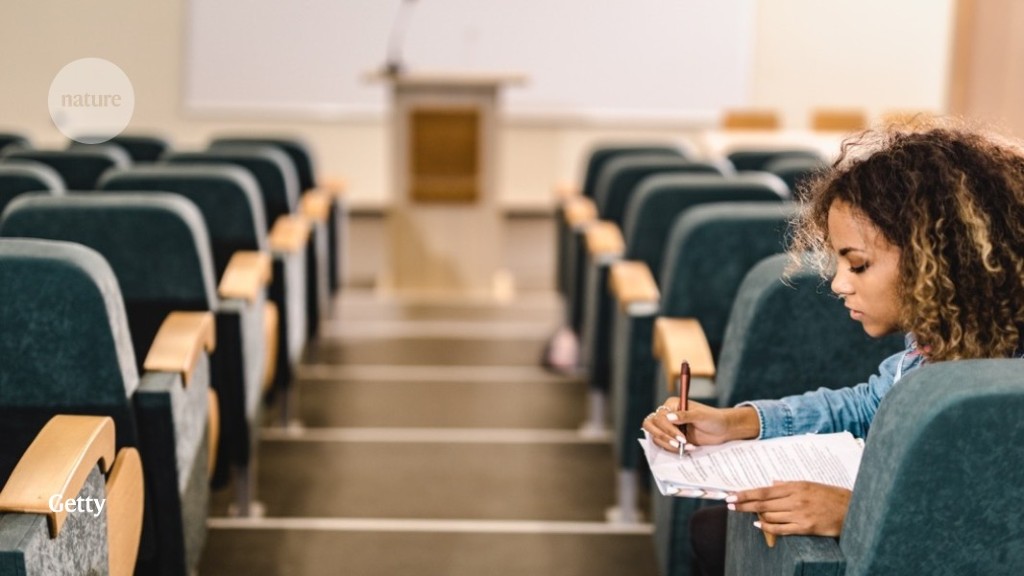
Psychologist Ann-Marie Creaven regularly discusses her research on Ireland's most listened-to station.
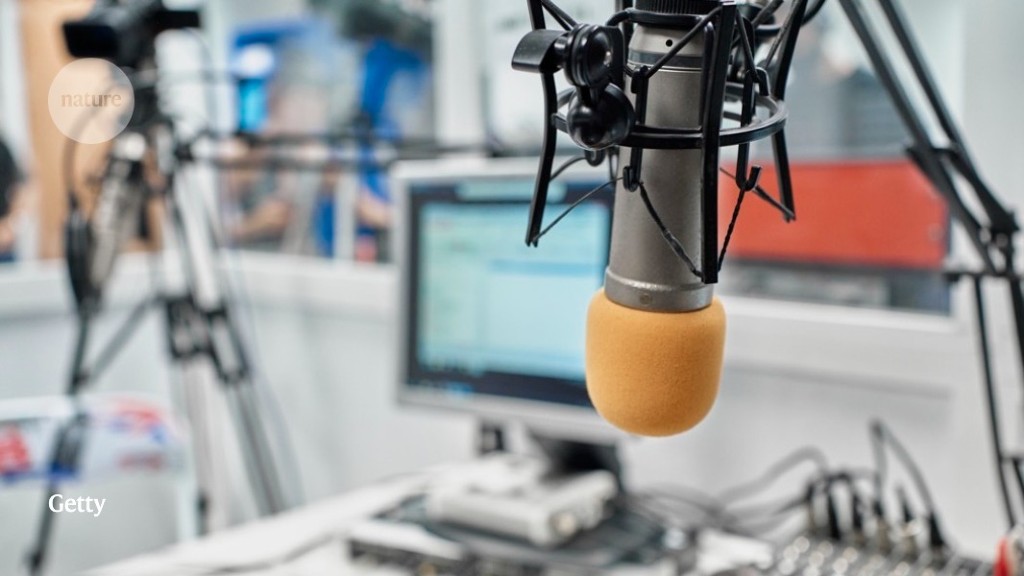
Scientists are unpicking the life cycle of SARS-CoV-2 and how the virus uses tricks to evade detection.
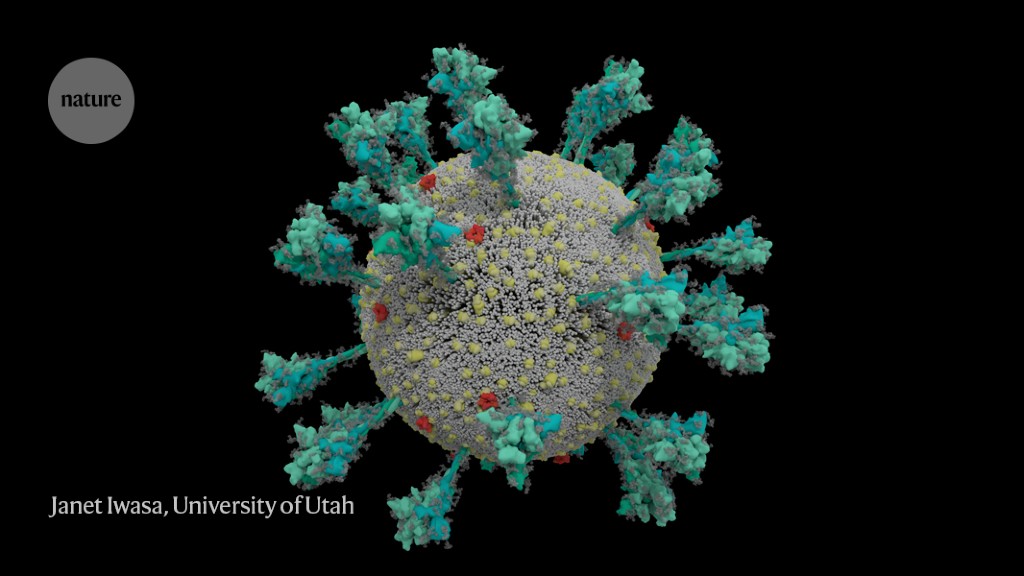
Study of nearly 7,000 scientists also finds that more than half engage in 'questionable research practices'.
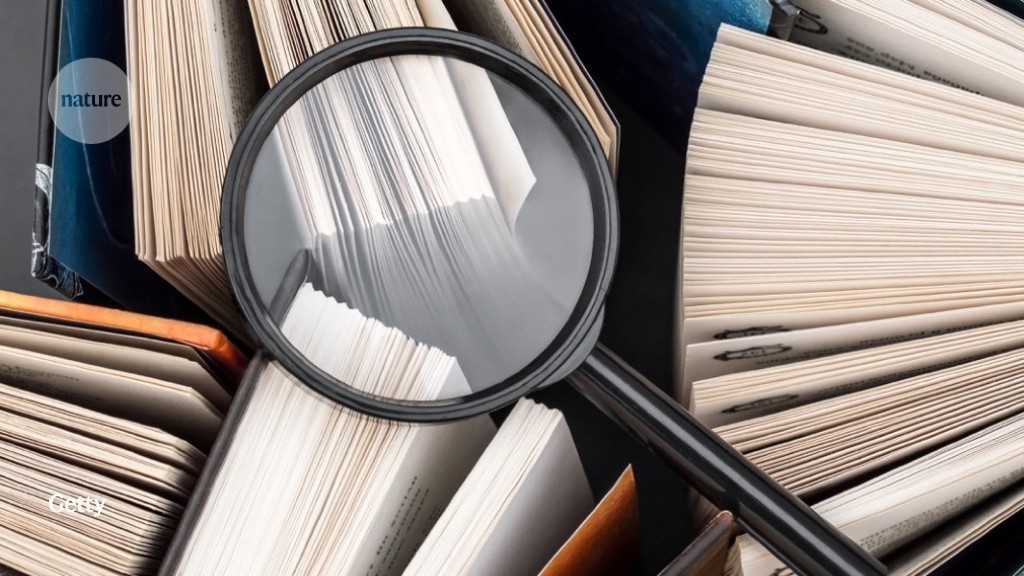
A good communications strategy can get your research seen by decision makers, says Rebecca Fuoco.
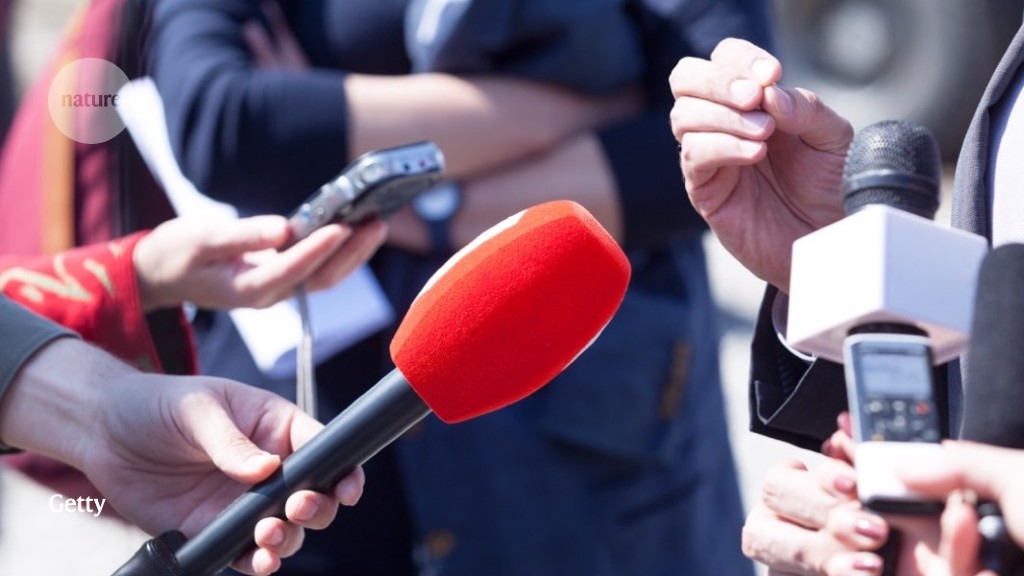
Archives, libraries, photo agencies and publishers need to do better to reflect science's true past and present.
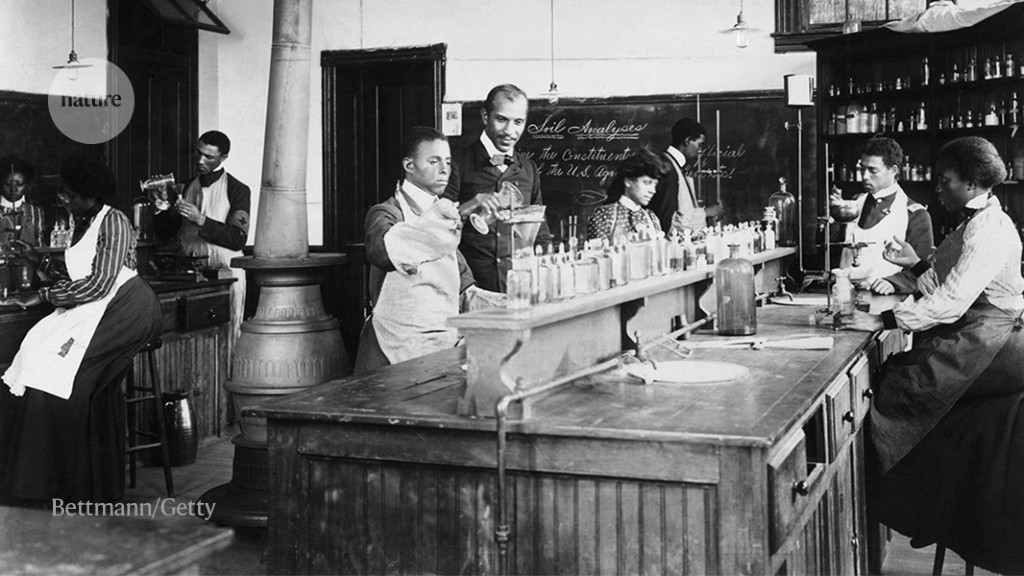
Nobel prizewinner who revolutionized nuclear magnetic resonance.
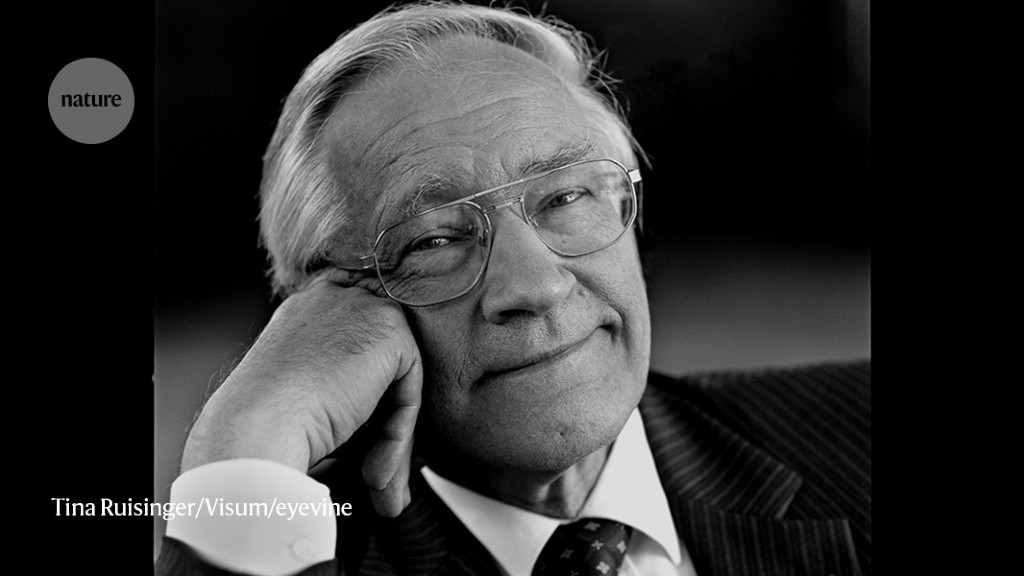
Surveys show that people in ten low- and middle-income nations are generally more eager to receive the COVID-19 jab than people in two wealthier nations where vaccine is plentiful.
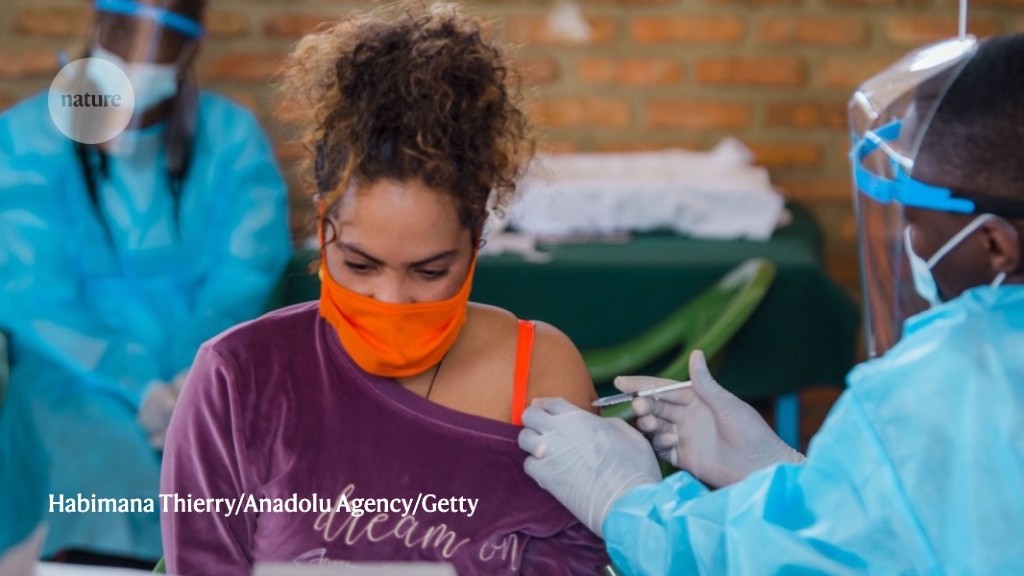
A United Nations study of world science is a wake-up call that richer countries must also shift science towards the SDGs.

The University of Liverpool is planning to make lay-offs on the basis of controversial measures. How should the global movement for responsible research respond?

Starting a family at a key career stage comes at a cost to birthing parents - and many end up leaving the profession as a result.
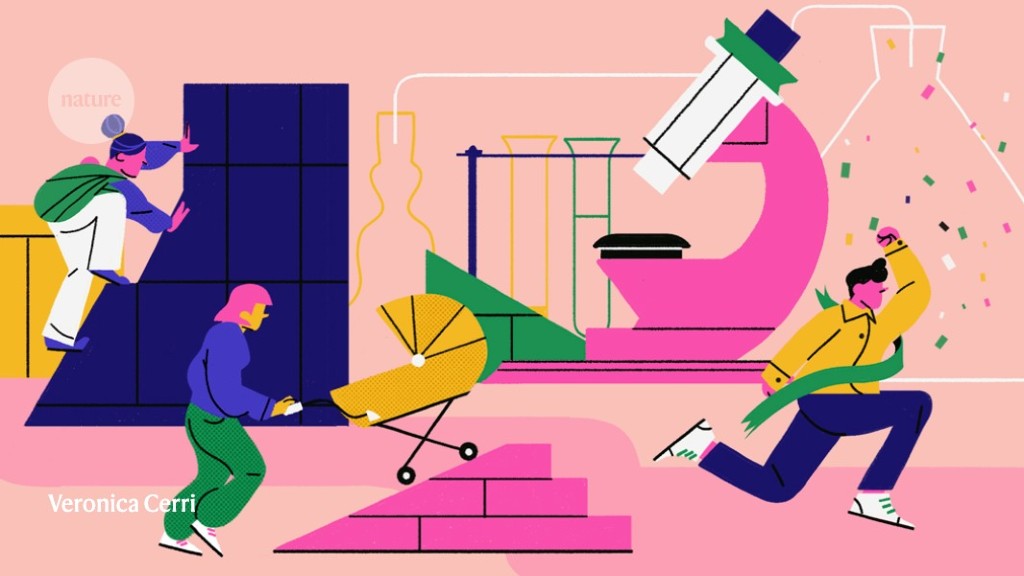
Programs that systematically monitor and promote the mental health of Ph.D. students are urgently needed.
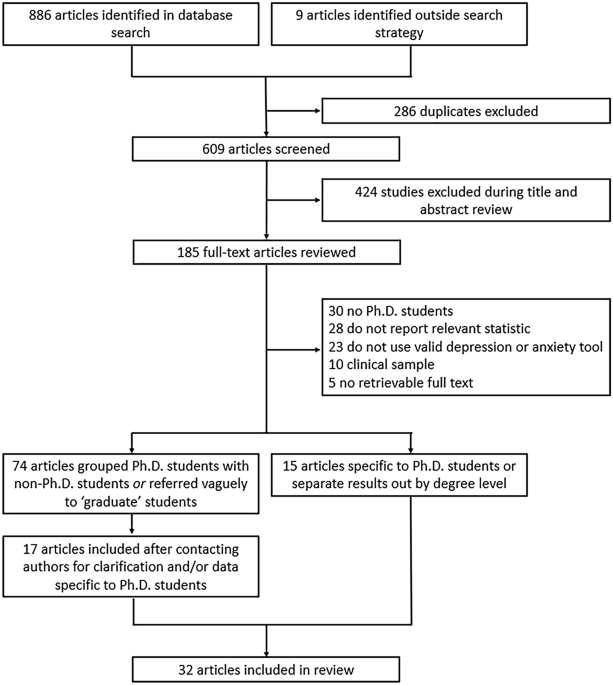
World Health Organization committee says it's too soon to allow heritable gene editing, but points to paths forward for other applications.
